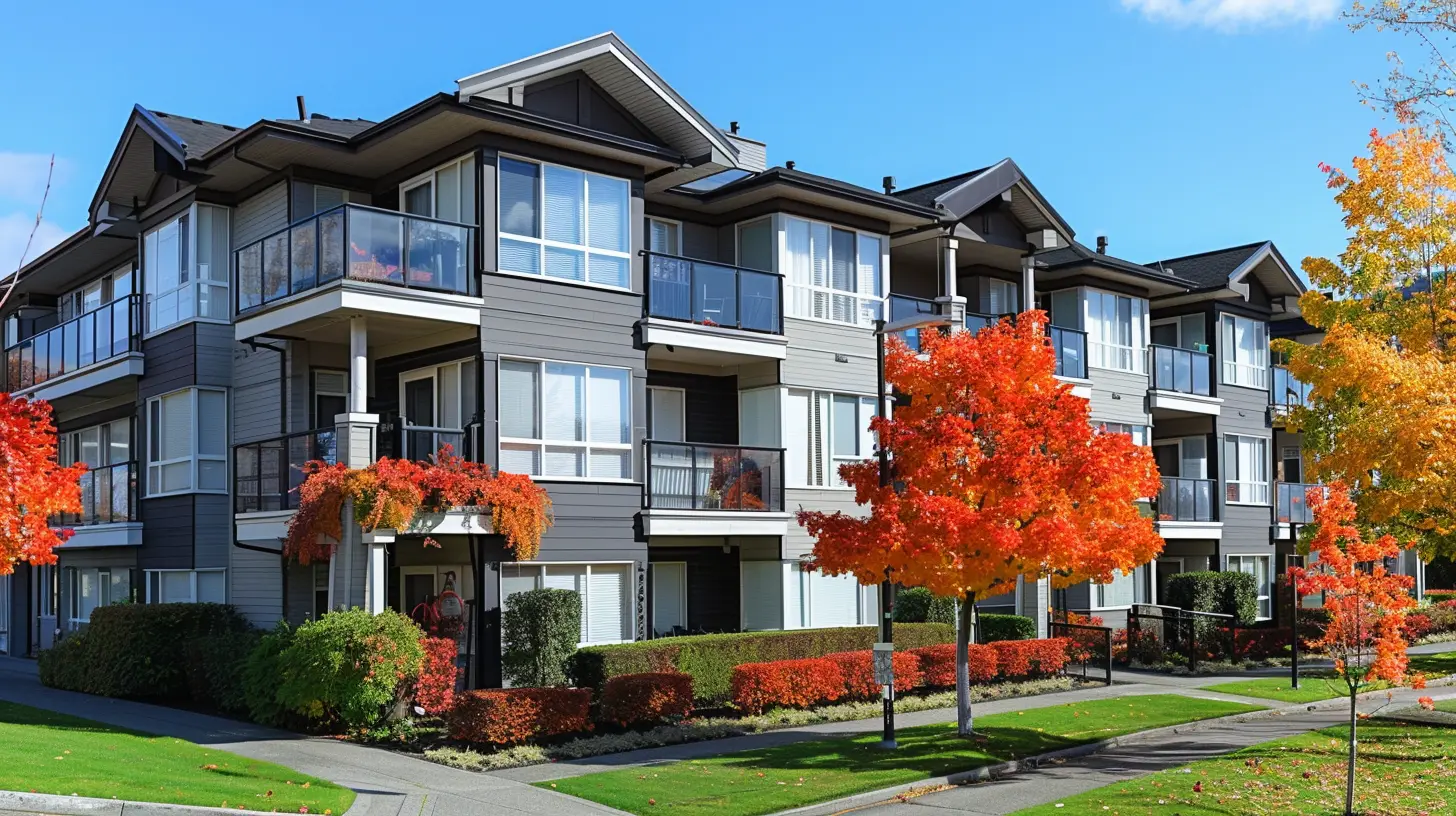The Pros and Cons of Self-Managing a Rental Property
29 July 2025
Investing in a rental property is a fantastic way to build wealth and secure a steady income stream. But once you’ve taken the plunge and bought a rental, the next big question arises—should you handle property management yourself or hire a professional?
Self-managing a rental property can be incredibly rewarding, but it also comes with its fair share of headaches. If you're considering taking on this role, it's important to weigh the pros and cons carefully. Let's break it all down so you can make the best decision for your situation.

The Pros of Self-Managing a Rental Property
1. You Keep More Profits
One of the biggest perks of managing your own rental property is the financial benefit. Property management companies typically charge between 8-12% of your monthly rent—and that can add up fast! By handling everything on your own, you pocket all of the income instead of giving a slice to a middleman.Imagine earning $2,000 per month in rental income. If a management company takes 10%, that’s $200 per month—or $2,400 a year—gone! That’s money that could go toward maintenance, upgrades, or even another investment property.
2. You Have Full Control
When you manage your own rental, you call the shots. From selecting tenants to handling repairs, you decide how everything is handled. Want to be selective about who rents your property? You can personally vet every tenant. Prefer a particular contractor for maintenance? You can negotiate directly.Managers don’t always have the same motivation or care level that you do. After all, this is your property, and you likely want to ensure it’s in top shape and handled with care.
3. You Build Stronger Tenant Relationships
Establishing a direct relationship with your tenants can lead to better communication and fewer issues. When tenants deal directly with you, they might feel more inclined to report maintenance needs early, take better care of the property, and fulfill their lease agreements responsibly.A personal touch can also foster tenant loyalty, which can lead to longer leases—a huge bonus that saves you time and money on turnover costs.
4. You Gain Valuable Experience
Managing a rental property teaches you everything about the real estate business. From dealing with leases and contracts to handling maintenance issues, you'll develop a hands-on understanding of what it takes to be a landlord.The experience you gain can be incredibly beneficial, especially if you plan on expanding your real estate portfolio. Knowledge is power, and in real estate investing, experience can mean the difference between thriving and struggling.
5. You Can Respond Faster
With a property manager, tenants may have to wait for maintenance issues to be reported, scheduled, and resolved. When you're the one in charge, you can address problems immediately. If something urgent happens—like a pipe bursts—you can take action right away without waiting for a middleman to respond.
The Cons of Self-Managing a Rental Property
1. It’s Time-Consuming
Managing a rental property is like running a small business—it takes time, effort, and dedication. From tenant screenings to maintenance requests, rent collection, and legal paperwork, you must stay on top of everything.If you have a full-time job, family responsibilities, or other investments, being a landlord could quickly become overwhelming. Nights, weekends, and holidays? Yep, you’re on call, 24/7.
2. Dealing with Difficult Tenants
Not every tenant is going to be easy to work with. Some may pay rent late, cause property damage, or even refuse to leave. When this happens, you’ll have to handle late fees, evictions, and potential legal headaches—all on your own.A property manager acts as a buffer between you and problematic tenants, saving you from uncomfortable confrontations and stressful situations.
3. Legal and Compliance Challenges
There are numerous laws and regulations governing rental properties. From fair housing laws to eviction rules, you need to stay up to date on legal requirements to avoid fines or lawsuits. If you’re unfamiliar with your local landlord-tenant laws, self-managing could be risky.A property management company is well-versed in these rules, ensuring you stay compliant and avoid costly mistakes.
4. Maintenance and Repairs Can Be a Hassle
Handling repairs yourself can be a major challenge. While some landlords enjoy DIY projects, others may find it frustrating to deal with broken appliances, plumbing issues, or other urgent repairs.Finding reliable contractors, getting fair pricing, and scheduling repairs can be a headache—especially if tenants expect immediate fixes. A property manager typically has trusted vendors on speed dial and can handle maintenance effortlessly.
5. Stress and Emotional Involvement
When you self-manage a rental, it’s hard not to get emotionally involved. If a tenant faces financial hardship and asks for extra time to pay rent, would you be able to enforce late fees or eviction policies?Being a landlord requires making tough business decisions. If you’re too emotionally attached to your property or your tenants, it could cost you financially—or lead to even bigger problems down the road.

Should You Self-Manage Your Rental Property?
So, is self-managing your rental property the right move for you? It depends!If you love hands-on work, want to maximize your profits, and enjoy learning about real estate, then self-managing could be a great fit. However, if you’re short on time, hate dealing with conflict, or don’t want to worry about legal compliance, hiring a property manager might be the better choice.
When Self-Management Makes Sense:
✔ You have plenty of time to dedicate to your property✔ You enjoy learning and problem-solving
✔ You want to save money on management fees
✔ You’re comfortable handling maintenance and repairs
✔ You know (or are willing to learn) landlord-tenant laws
When Hiring a Property Manager Might Be Better:
✔ You have multiple rental properties and limited time✔ You live far from your rental property
✔ You’d rather not deal with tenant issues or conflicts
✔ You want less stress and a hands-off approach
✔ You’re unfamiliar with rental laws and compliance

Final Thoughts
Successfully managing a rental property requires patience, time, and dedication. While self-management can be rewarding and cost-effective, it’s not for everyone. Whether you take on the role yourself or hire a professional, the key is making an informed decision that aligns with your goals, lifestyle, and real estate ambitions.At the end of the day, owning rental property is about building wealth and financial freedom—so choose the path that helps you achieve that with the least stress and the most success!
all images in this post were generated using AI tools
Category:
Property ManagementAuthor:

Travis Lozano
Discussion
rate this article
1 comments
Haze McCullough
This article effectively highlights the key benefits and challenges of self-managing rental properties. It's crucial for landlords to weigh the savings against potential headaches, ensuring they are prepared for the demands of property management.
August 11, 2025 at 11:23 AM

Travis Lozano
Thank you for your insightful comment! Balancing the benefits and challenges of self-management is indeed essential for landlords.


